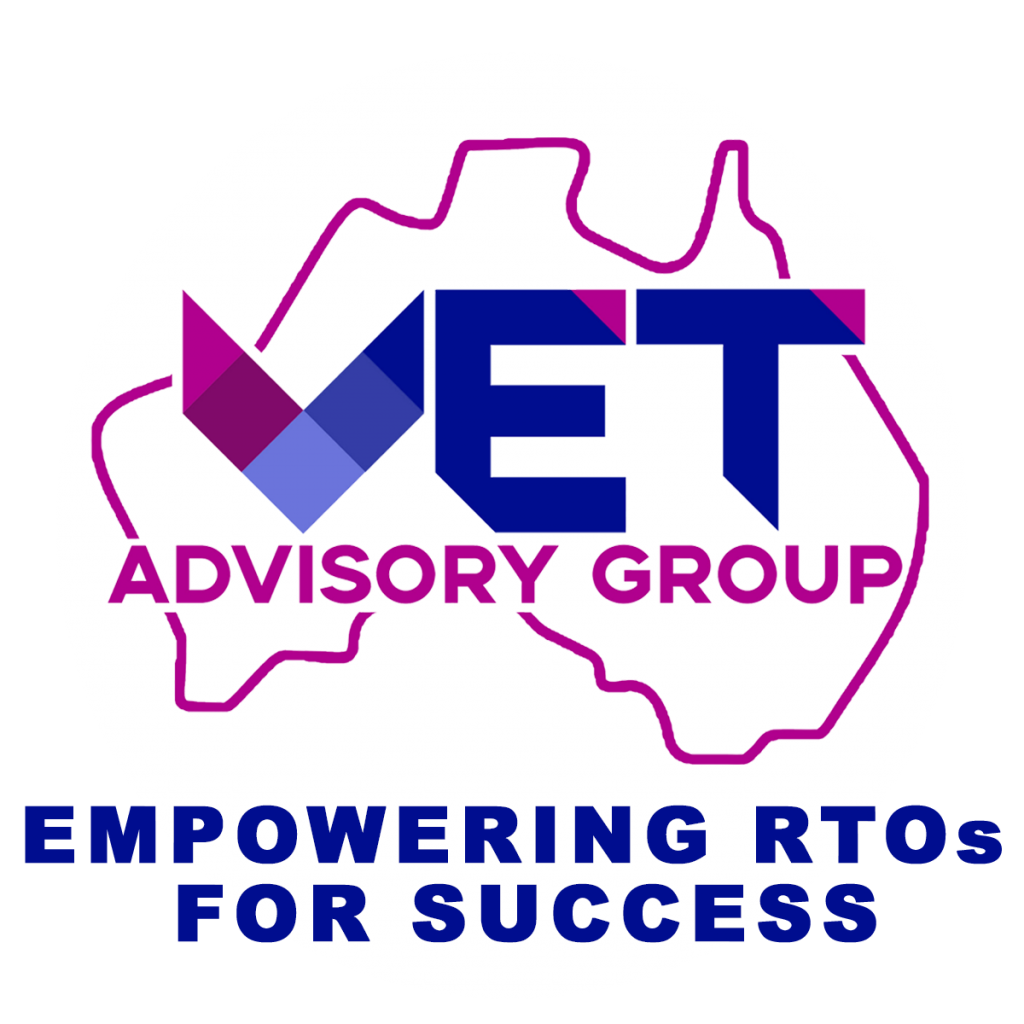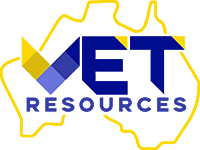
Introduction
The blog “What Role Does Industry Currency Play in Quality Training? ASQA Standards Explored” delves into the significance of industry currency in vocational education and Registered Training Organisations (RTOs). Let us begin.
What is Industry Currency?
Industry currency refers to the maintenance of a trainer’s vocational technical skills and knowledge in a particular industry. It enables trainers and assessors to deliver vocational training that aligns with current industry practices and standards. Being industry current ensures that trainers stay up to date with the latest developments and trends in their field, allowing them to provide relevant and effective training to students.
Who are the stakeholders of industry currency?

What are ASQA Standards for industry currency or ASQA trainer requirements?

ASQA standards for industry currency (Clauses 1.13 to 1.16):
- Trainers and assessors must adhere to current industry skills and knowledge requirements.
- Vocational competency is essential in the relevant industry area and vocational education and training.
- Evidence must demonstrate alignment between trainer and assessor knowledge and the delivered training and assessment.
Professional development in VET (Clauses 1.13 to 1.16):
- Trainers and assessors must engage in ongoing professional development in vocational education and training.
- The frequency of professional development is unspecified but must ensure currency in vocational training and assessment.
- RTOs should retain evidence of completed professional development activities.
Demonstrating current industry skills (Clauses 1.13 to 1.16):
- Ideally, trainers and assessors should be regularly exposed to industry workplaces and participate in relevant tasks.
- Currency in skills varies based on the industry and can be shown through accredited training, industry associations, and staying informed about industry changes.
- Delivering training and assessment in a workplace does not guarantee current industry skills.
Vocational competency for trainers and assessors (Clauses 1.13 to 1.16):
- RTOs must retain evidence of relevant professional development in VET for all trainers and assessors.
- A specific form of evidence is not prescribed, but it may include maintaining registers of completed development activities.
- Vocational competency ensures effective training delivery and accurate student assessment.
Verifying qualifications and industry experience (Clauses 1.13 to 1.16):
- RTOs should verify trainers’ and assessors’ qualifications and industry experience through appropriate measures.
- Verification may involve viewing qualifications, confirming VET study through the Unique Student Identifier (USI) Registry, and conducting referee checks for industry experience.
- Records of verification should be maintained on individual human resources files.
Approaches to professional development and industry engagement (Clauses 1.13 to 1.16):
- RTOs can implement diverse approaches to professional development, including setting annual ASQA trainer and assessor requirements and maintaining activity registers.
- Engaging with industry representatives helps ensure trainers’ and assessors’ skills and knowledge remain relevant and current.
- Regular reviews and updates of required skills and knowledge should be conducted in collaboration with local industry representatives.



